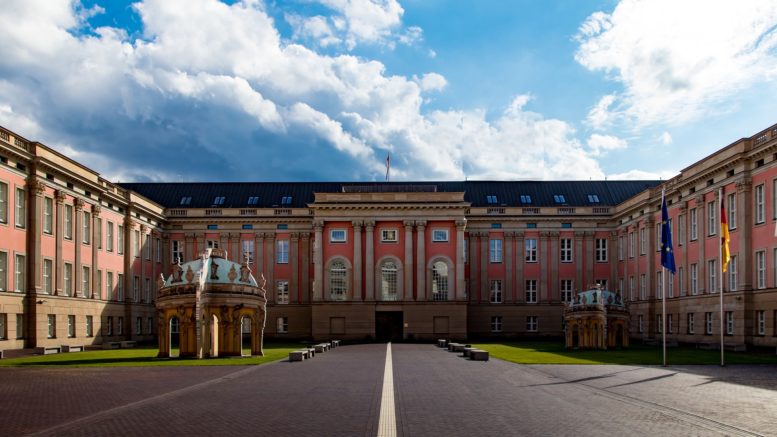Envisioning a strong role for hemp in the state’s agriculture, three Brandenburg parliamentary groups have offered recommendations they say would capitalize on the potential of hemp fiber in industries ranging from automotive to construction and textiles.
Factions of the SPD, CDU and Bündnis 90/Die Grünen political parties made the recommendations in a statement recently presented in parliament.
Extolling hemp as an agricultural output, the groups said “Practical experience has shown that the plant blends in very well with the climatic and soil-specific conditions” in Brandenburg. “Existing know-how in agriculture and the existing research capacities speak in favor of increased hemp cultivation,” the statement observed.
Sorting things out
The groups called on the state parliament to sort out current industry barriers, and re-examine THC limits for industrial hemp. The state should explore potential markets and identify funding programs that can support the industry, the statement urged. Intelligence gained in those efforts should then be set up to flow from Brandenburg into nationwide efforts to further develop the hemp industry, the groups suggested.
Brandenburg Agriculture Minister Axel Vogel (Greens) suggested strict rules should apply to the cultivation of industrial hemp, including regulations for the approval of seeds and seed trade, a hemp crop notification system, and obligations under Germany’s Narcotics Act.
But government should undertake analysis to determine if hemp should not be removed from designation under drug laws, according to the groups. “A recommendation must be drawn up that states whether a coupling of agricultural hemp cultivation to the Narcotics Act is still to be assessed as up-to-date,” their statement suggests.
THC is key issue
The parliamentary groups focused specifically on the need to address maximum THC levels for German hemp. “According to the current legal situation, a multitude of obstacles in the production, processing and trade chain derive from (THC rules), all of which have a strong inhibiting effect on the cultivation of industrial hemp,” the groups said.
The European Commission last year agreed to raise the EU THC limit for hemp from 0.2% to 0.3%. Germany can be expected to come in line with that standard by the time it comes into effect, expected in 2023.
In other key recommendations, the groups said:
- Professional institutions such as the German Natural Fiber Association, and bioeconomy research institutions such as the Leibniz Institute for Agricultural Engineering and Bioeconomy, are well positioned to help advance value chains for hemp-based materials such as insulation and spinnable cellulose.
- Hemp value chains should be established to support farmers.
- The government should consider setting up funding programs for research and investment in key technologies for commercial harvesting, processing and the production of semi-finished products.

